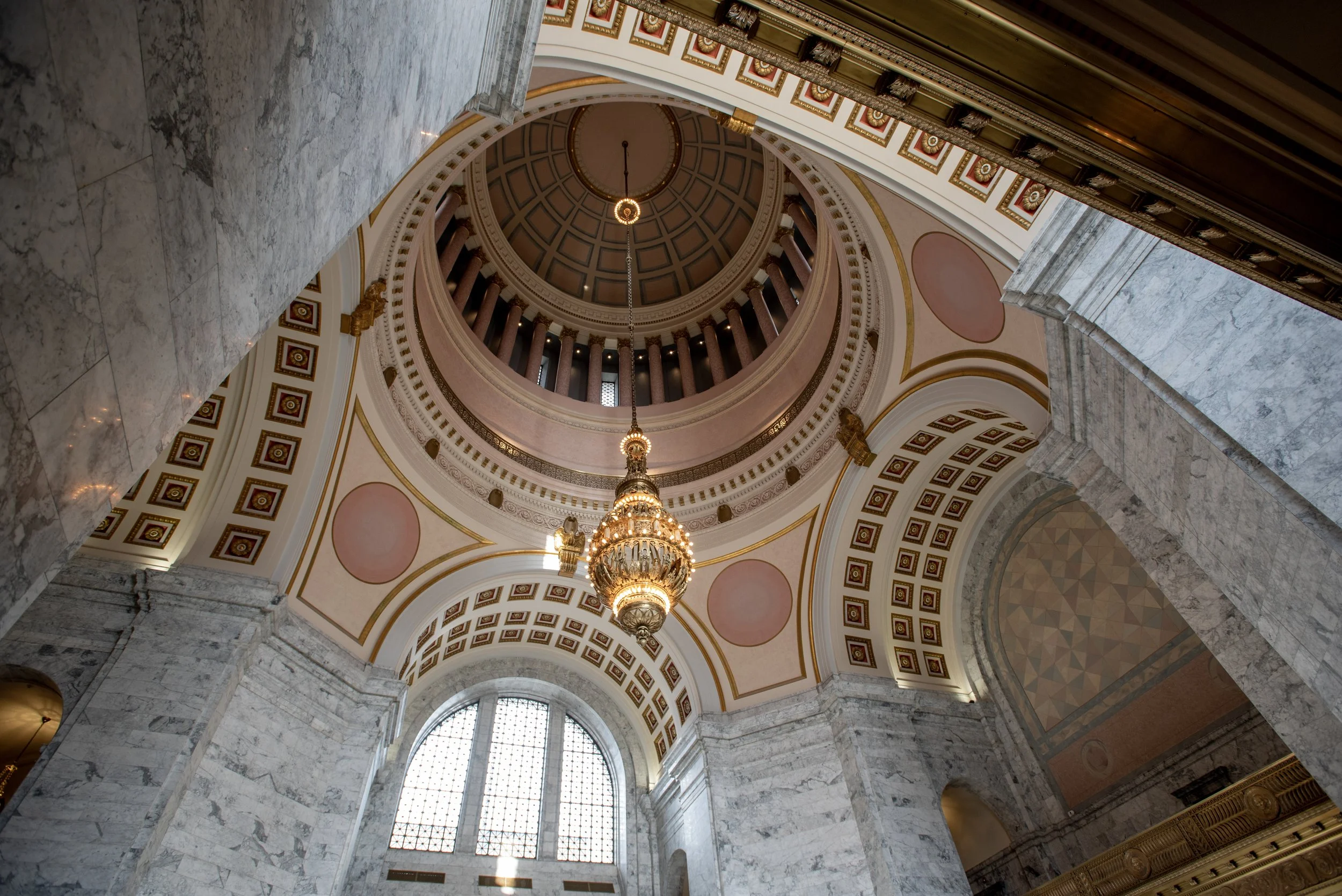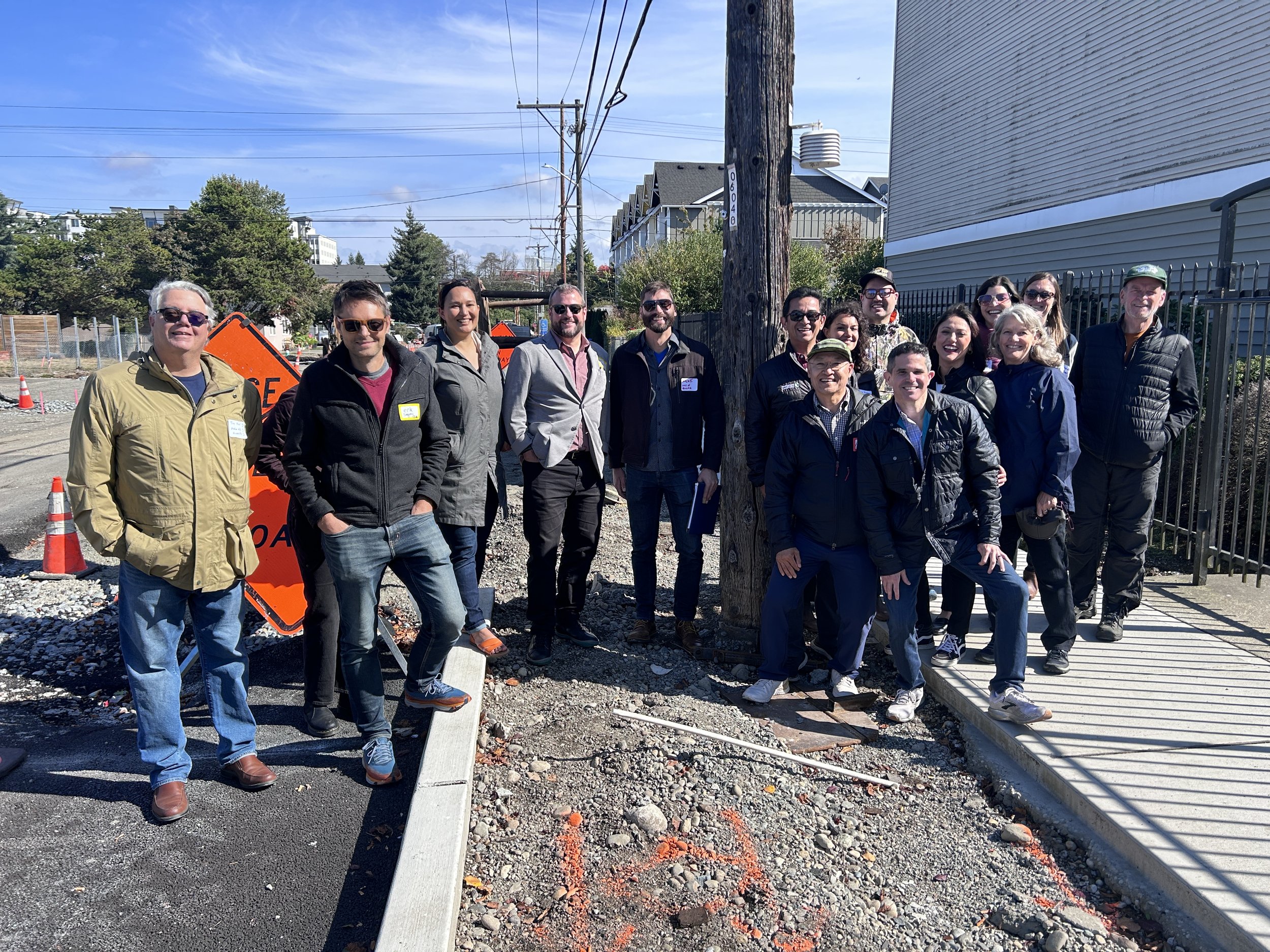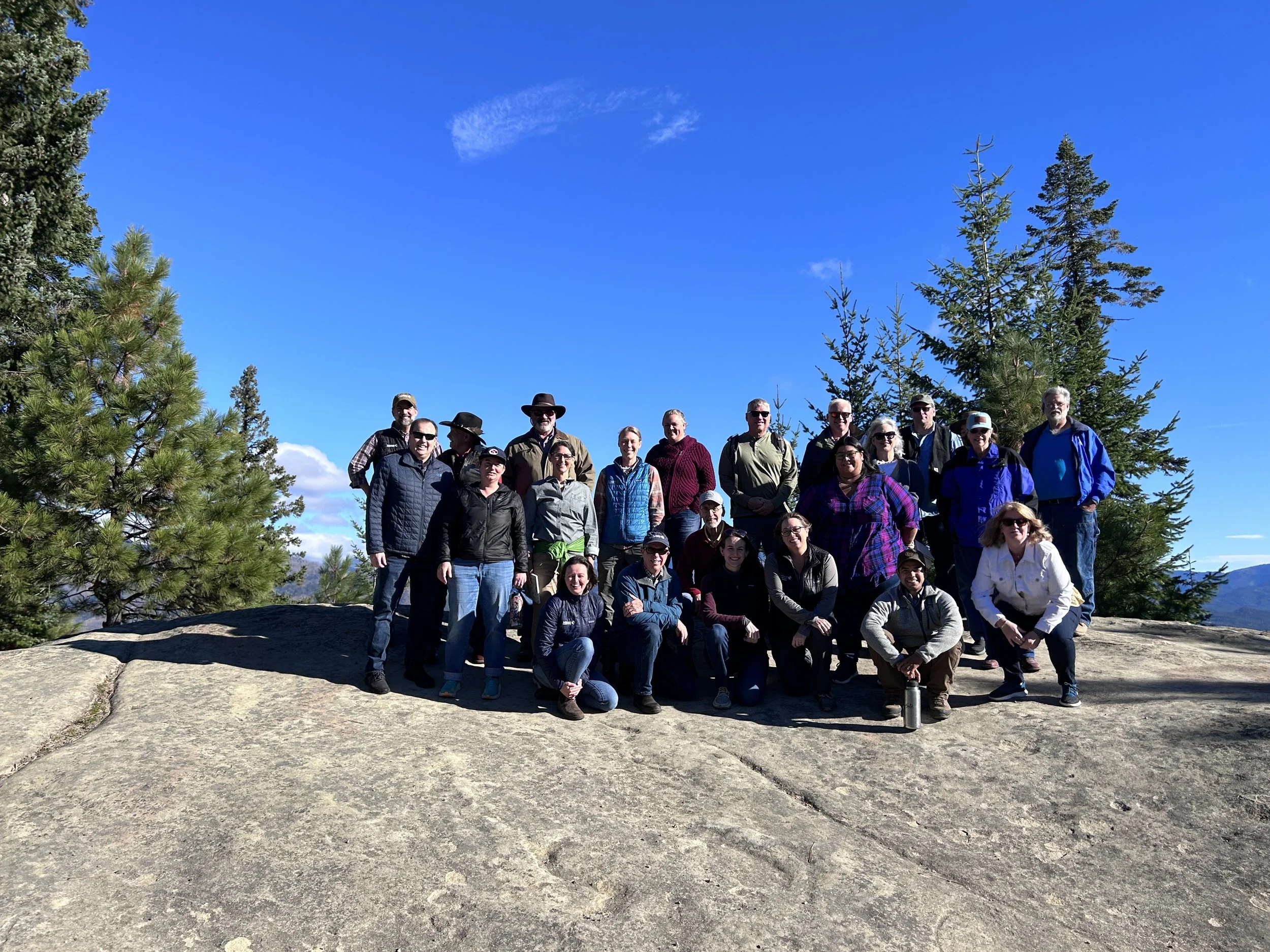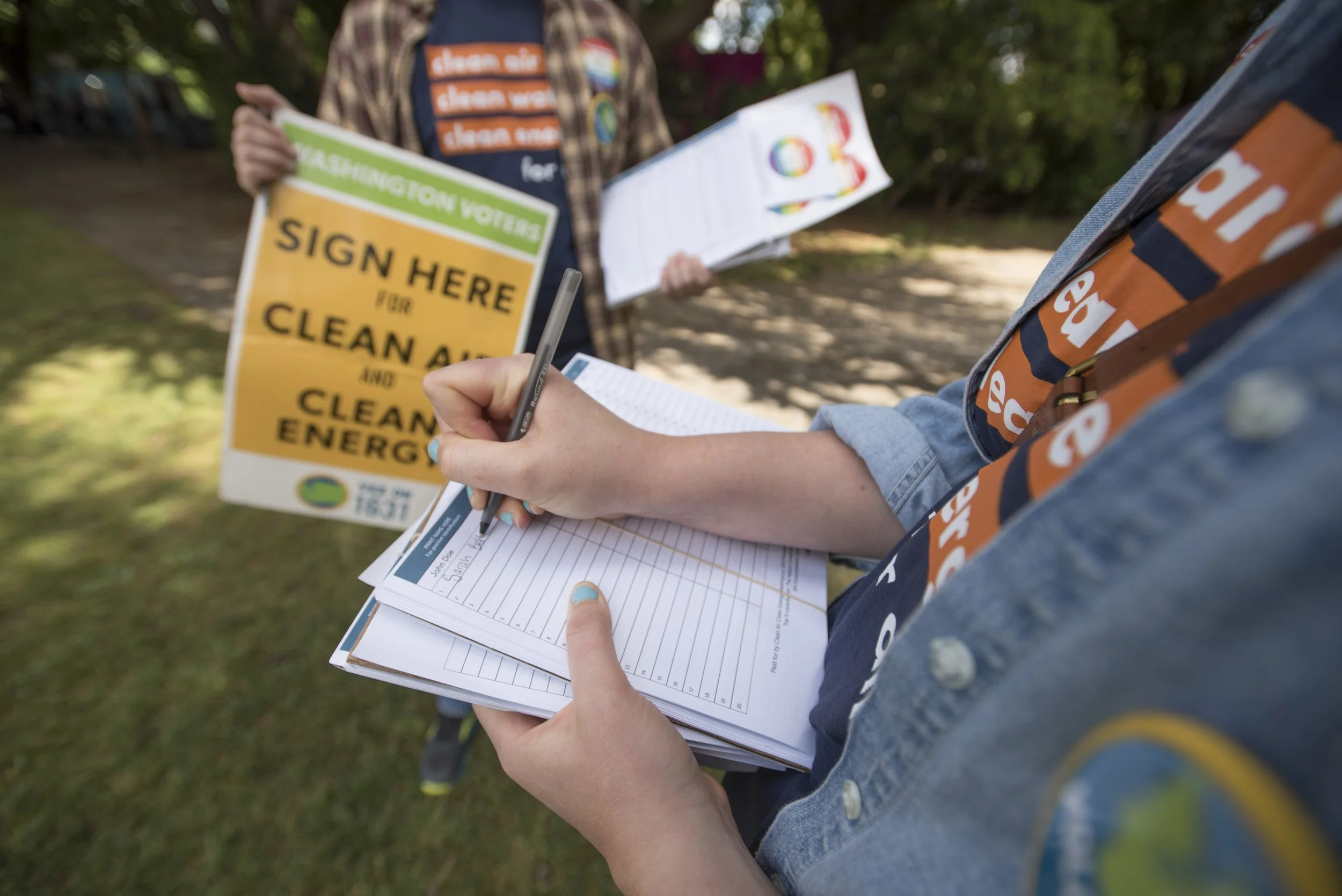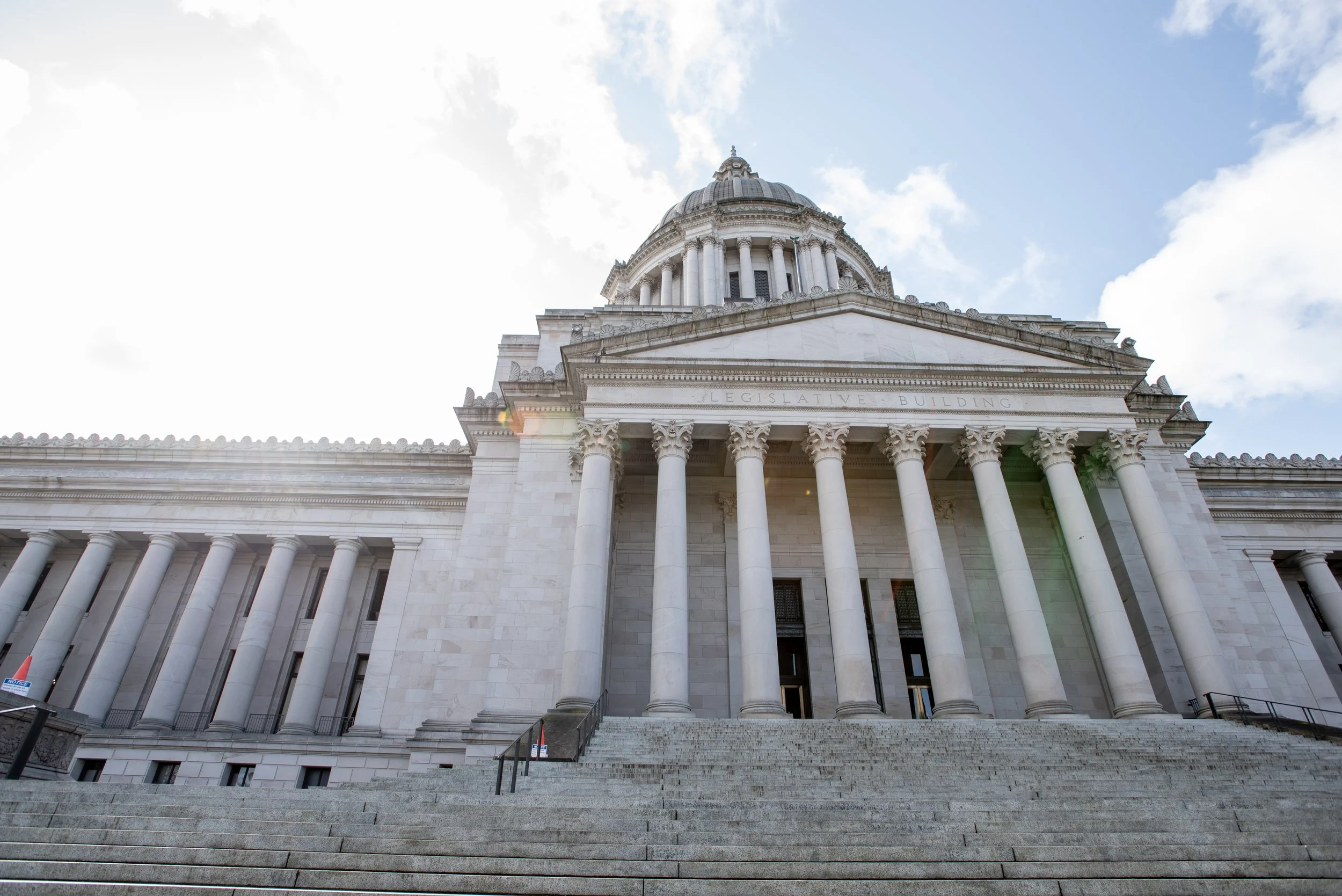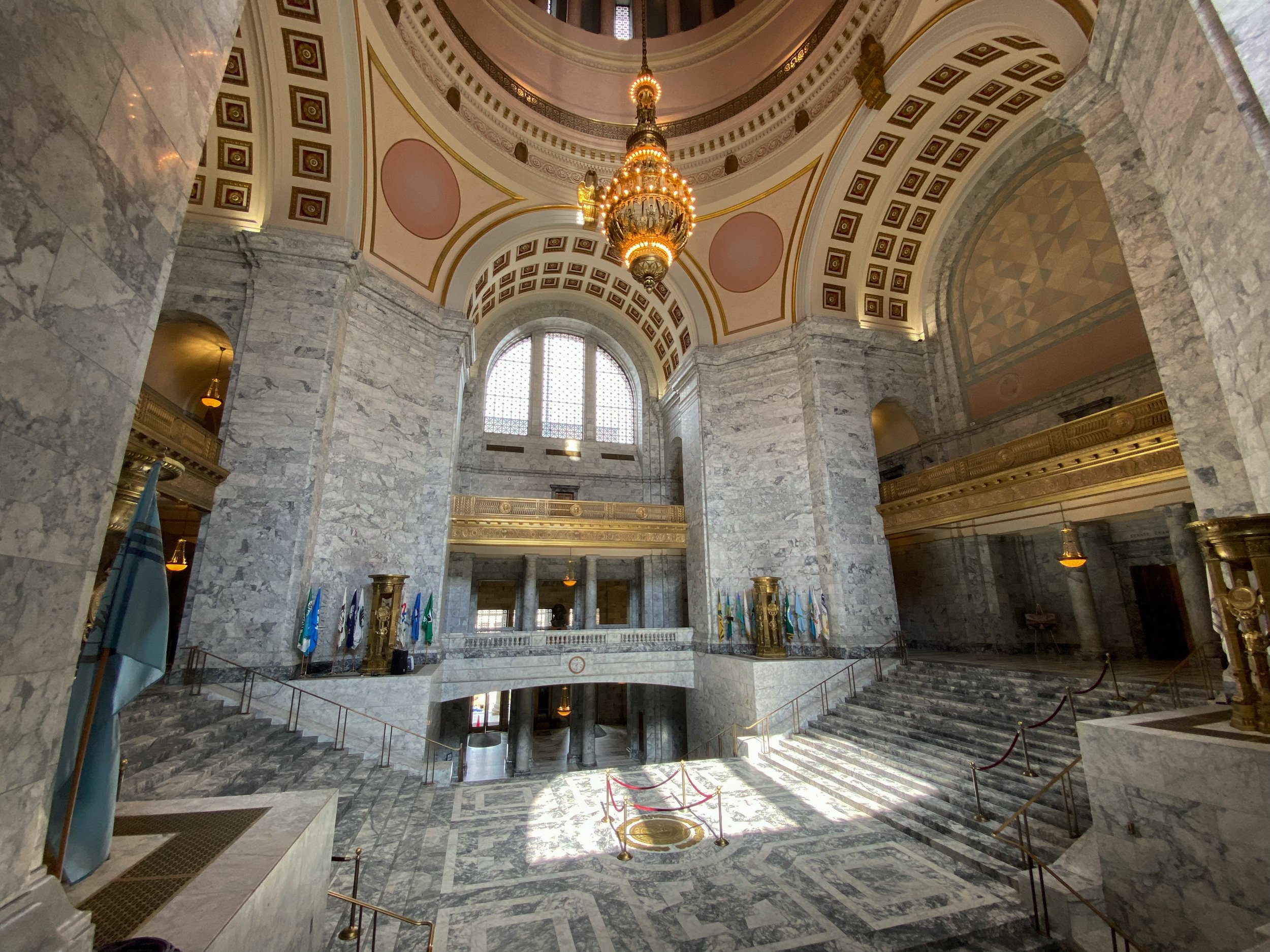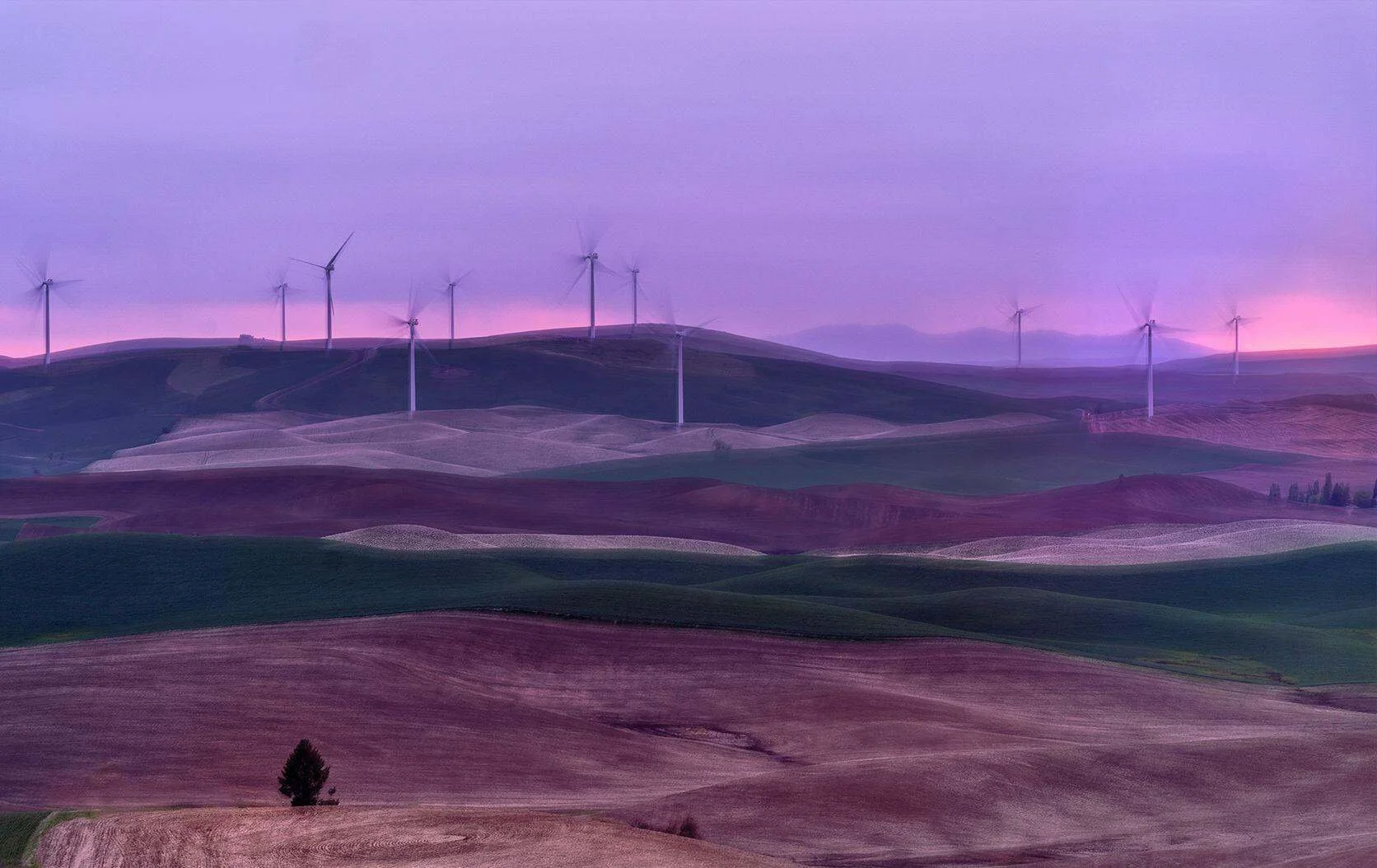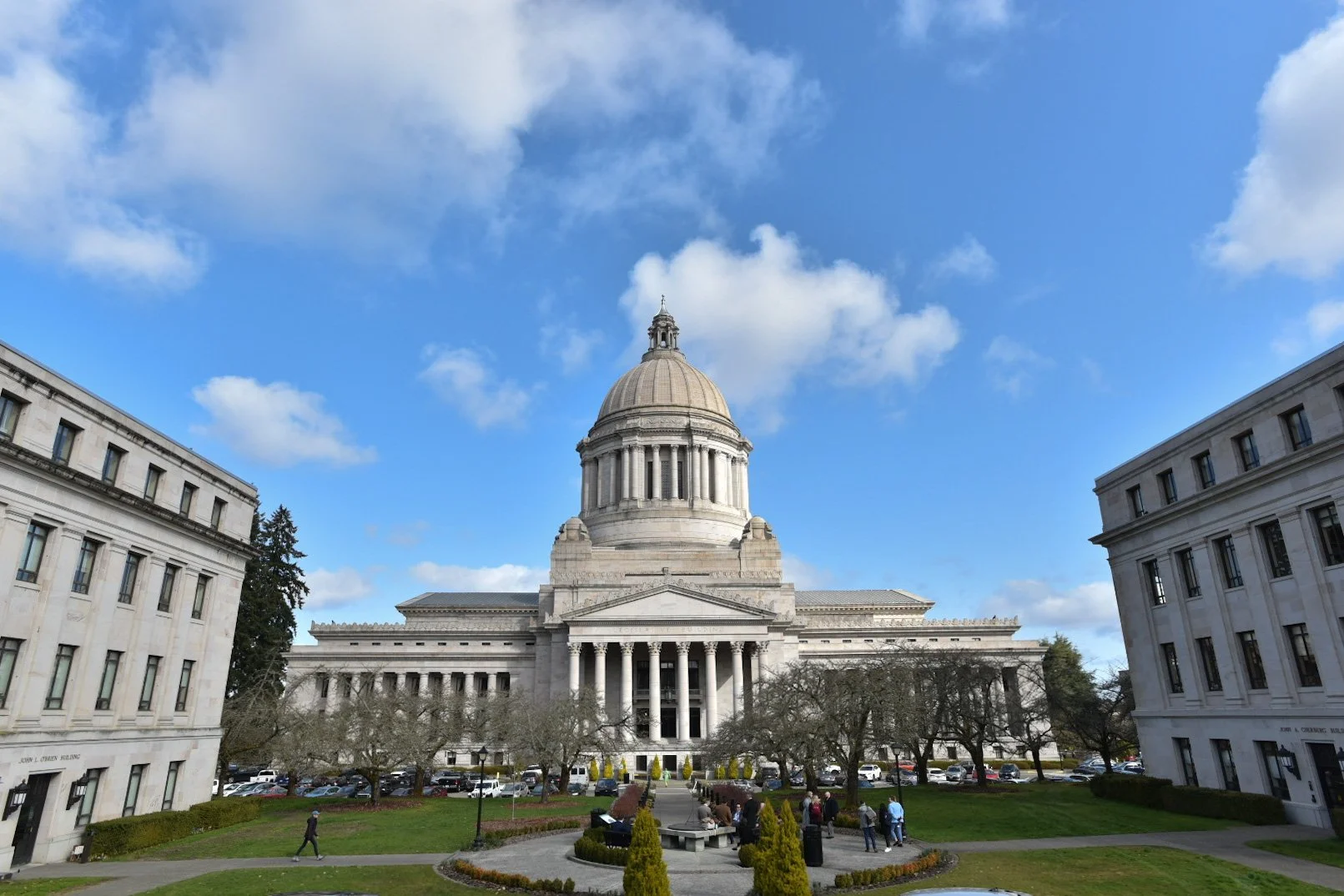By Mike Stevens, Washington state director
In a time when economic growth is on everyone’s mind, and putting “America first” seems to be the priority, it makes no sense that we would now choose to step back from leading the way on climate action.
U.S. leadership on climate action proved no small factor in getting nations like China to be a team player in Paris. The negotiation that resulted in more than 190 nations voting to act together to reduce greenhouse-gas emissions has energized governments and the private sector to make the move to cleaner energy. China is implementing a nationwide cap-and-trade program to reduce emissions. More than 70 percent of U.S. corporations surveyed by consulting firm PWC indicated that they would be making purchases of renewable energy to power their operations in the near future. The European Union has committed to having 20 percent of its power needs from renewable sources by 2020. The world is racing to embrace the new technologies of clean energy.
Despite the administration’s attempts to dial back action on climate change, the consensus that something must be done continues to grow, including here in Washington. A coalition of 17 Republican U.S. House members — including Washington’s own Rep. David Reichert (R, Auburn) — has introduced a resolution asserting climate change is real and must be addressed, and is backed by the growing Climate Solutions Caucus. A bipartisan group of 20 state governors — including Washington Gov. Jay Inslee — sent a letter to the Trump administration urging increased support for wind and solar power.
There is a growing understanding on both sides of the aisle that if we want to appropriately manage our risk and secure America’s future in an increasingly competitive world, we must act to address climate change now.
But even apart from the growing demand for climate action, there is a real revolution under way around climate solutions — particularly clean energy. The electric-power industry is in a state of rapid transformation. And in the next decade, we will see a reinvention of how we generate, store, transmit and use electric power. And that reinvention is unquestionably moving in the direction of clean energy. Solar energy is adding jobs at 12 times the rate of the U.S. economy as a whole, adding 25 percent more jobs in 2016 alone. Wind employment grew by more than 30 percent in the same year. The rapid growth of the energy-efficiency sector is fostering the “decoupling” of economic growth and energy use. Over the past 10 years, the U.S. economy has grown by 10 percent, yet its energy consumption has fallen by 2.4 percent.
This has significant implications as bipartisan efforts to address infrastructure begin. Are we going to invest in the types of energy projects that are already creating jobs, reducing our energy use and lowering consumer costs? What about investing in one of the most effective technologies we have for controlling carbon pollution — nature itself? The carbon capture and storage capacity of nature itself is effective, and investing in nature is both cost-effective and can improve our health and reduce the risk of loss from fire, storms and flooding. Investing in nature benefits both people and the environment, often bringing job opportunities to rural communities.
The administration has it backwards. The best way to create jobs here in Washington and across the country is through innovations that bring economic and environmental benefits. Addressing climate change by investing in renewable energy, energy efficiency and nature-based solutions will bring cleaner air and water. These investments will also bring more jobs, more consumer choice, lower costs, better soil quality and better health.
Acting on climate is not just about defending against loss; it’s about scoring great gains in our economy and in our communities.



